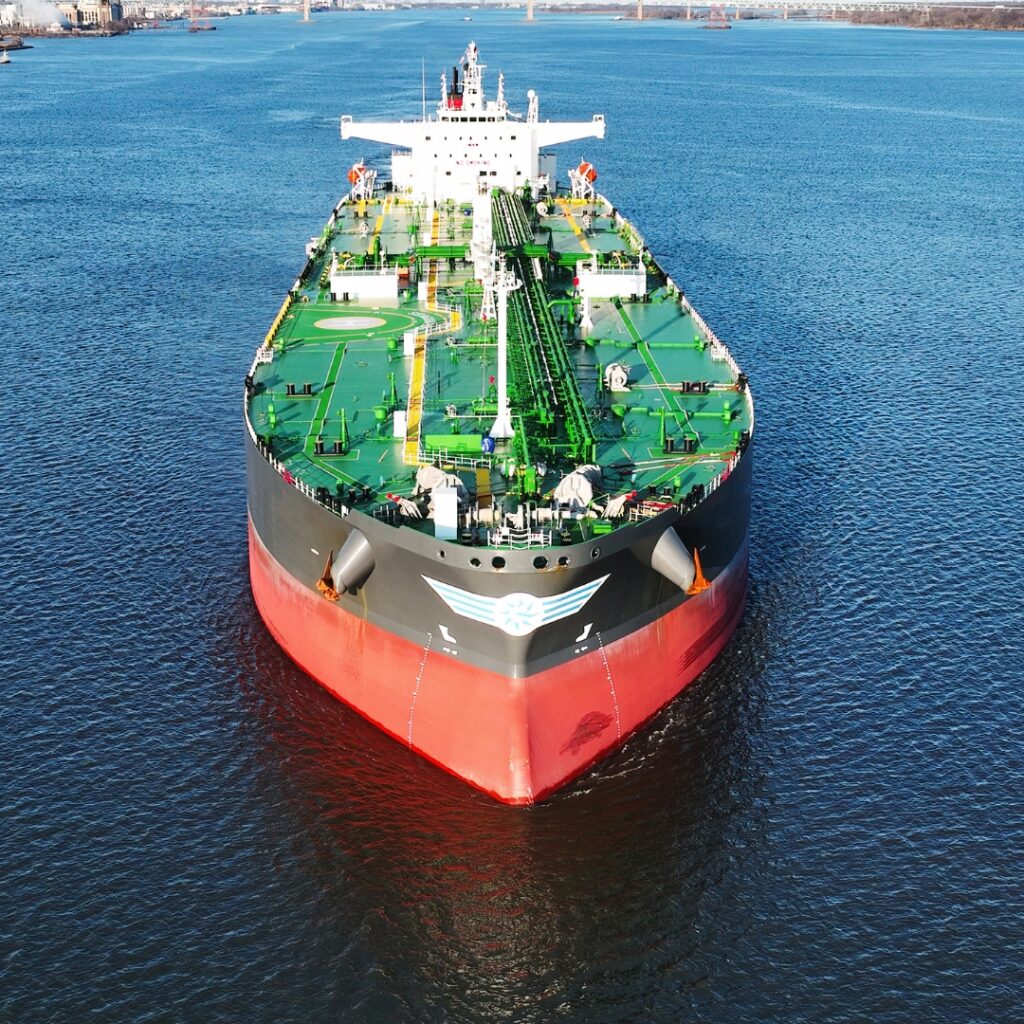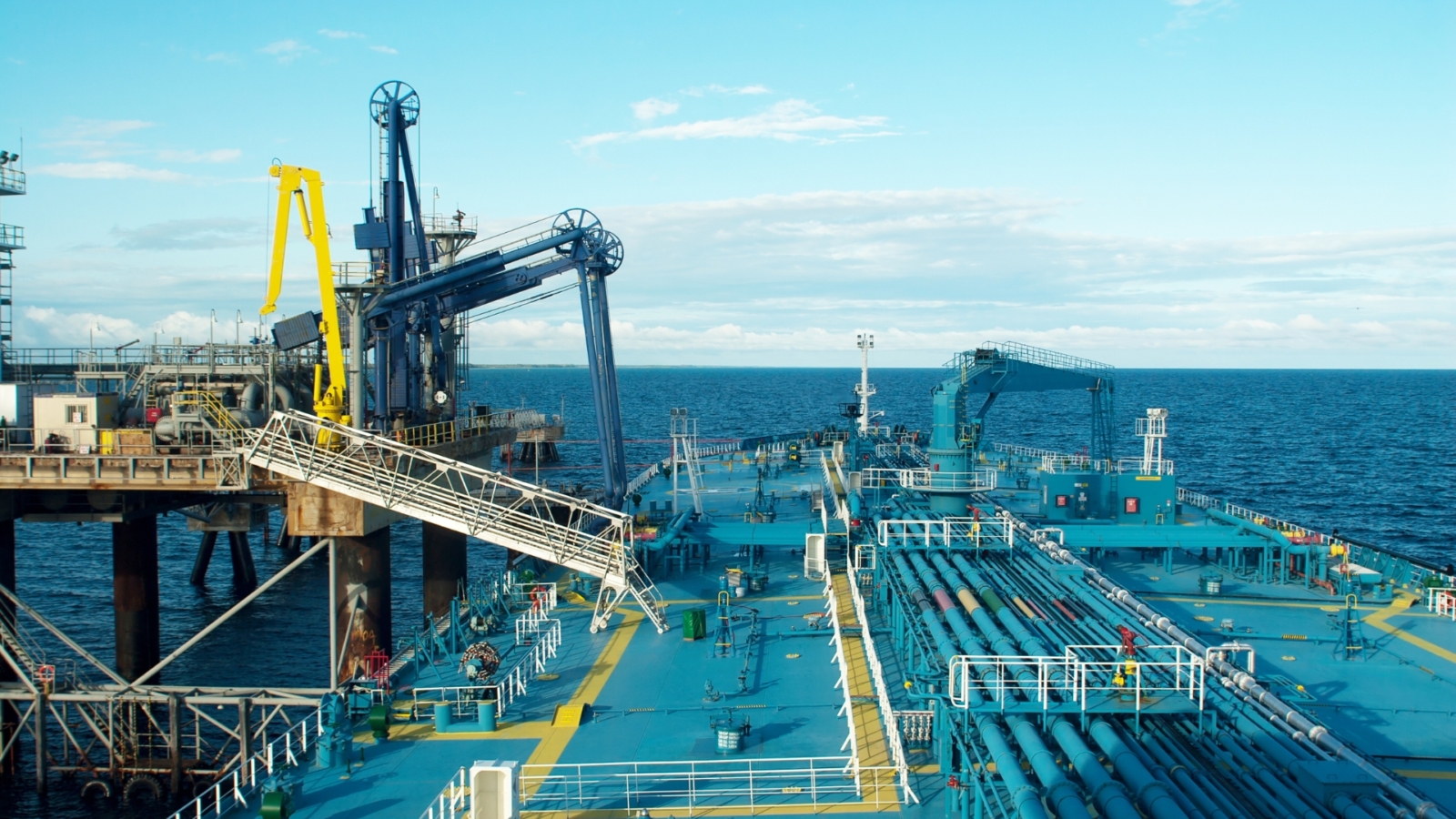Navigating the Turbulent Waters of Global Politics in the Crude Oil Market
In the complex world of commodities trading, few markets are as sensitive to geopolitical events as the crude oil sector. The rise and fall of crude oil prices often mirror the ebb and flow of global politics, where tensions, conflicts, and agreements can send shockwaves through the market with far-reaching consequences. Understanding this intricate dance between geopolitics and crude oil prices is crucial for investors, traders, and policymakers alike.
The Power Play of Geopolitics
Geopolitical events wield immense power over the crude oil market, dictating supply and demand dynamics that reverberate worldwide. Consider the impact of geopolitical tensions in oil-rich regions like the Middle East. Any disruption in production or transportation routes due to conflict or political instability can swiftly tighten the global supply of crude oil, driving prices upwards in response to fears of supply shortages.
Conversely, diplomatic breakthroughs or peace agreements in conflict-prone regions can ease market concerns and lead to a decrease in crude oil prices. For instance, when sanctions are lifted or trade embargoes are eased, previously restricted oil reserves may flood the market, alleviating supply constraints and exerting downward pressure on prices.
OPEC: A Geopolitical Player
At the heart of the crude oil market lies the Organization of the Petroleum Exporting Countries (OPEC), a powerful cartel comprising some of the world’s largest oil-producing nations. OPEC’s decisions, often influenced by geopolitical considerations, can significantly sway crude oil prices. The cartel’s ability to adjust production levels in response to geopolitical events can either stabilize or destabilize the market, depending on its members’ strategic objectives.
Moreover, OPEC’s relationship with non-member oil-producing nations further complicates the geopolitical landscape. Collaborative efforts or conflicts between OPEC and non-OPEC countries, such as Russia or the United States, can introduce additional volatility into crude oil prices, as each side vies for market share and geopolitical influence.
The Ripple Effect on Global Markets
The impact of geopolitical events on crude oil prices extends far beyond the oil industry itself, affecting economies, industries, and consumers worldwide. Fluctuations in crude oil prices influence inflation rates, transportation costs, and consumer spending patterns, shaping the economic landscape of both oil-exporting and oil-importing nations.
For oil-dependent economies, such as those in the Gulf region, geopolitical stability is paramount for sustained economic growth. Conversely, countries heavily reliant on oil imports must navigate the challenges posed by volatile crude oil prices, which can strain budgets, disrupt supply chains, and weaken economic stability.
Navigating Uncertainty: Strategies for Market Participants
In the face of geopolitical uncertainty, market participants must adopt strategies to manage risk and capitalize on opportunities in the crude oil market. Hedging against price fluctuations, diversifying investment portfolios, and staying abreast of geopolitical developments are essential tactics for investors and traders seeking to navigate the volatile terrain of global politics.
Furthermore, policymakers play a crucial role in mitigating geopolitical risks and fostering stability in the crude oil market through diplomatic efforts, multilateral agreements, and energy diversification initiatives. By promoting dialogue, cooperation, and transparency, governments can help safeguard against the disruptive effects of geopolitical events on crude oil prices, thereby fostering a more resilient and sustainable energy landscape.
Conclusion: Navigating the Winds of Change
In the realm of crude oil, geopolitics reign supreme, shaping the destiny of nations and the fortunes of markets alike. As geopolitical events continue to unfold, their impact on crude oil prices will remain a central concern for investors, traders, and policymakers worldwide. By understanding the intricate interplay between global politics and the crude oil market, stakeholders can better anticipate, adapt to, and thrive amidst the ever-changing geopolitical landscape.
Follow Us on Instagram.
Visit our Website.



Add a Comment